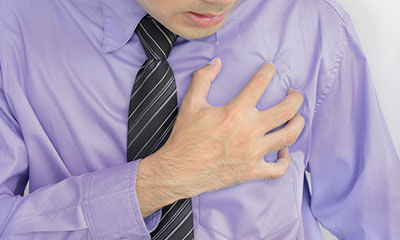Diet After Angioplasty
You may need to have an angioplasty if the carotid artery in your neck becomes blocked. During angioplasty, your surgeon will place a small tube through an incision in your groin and guide it up to your neck at the site of the blockage. The surgeon will then place a stent – a balloon-like device – in the artery to widen it and relieve the blockage. Because blocked arteries cause you to have a high risk for heart attack and other cardiovascular events, your doctor is likely to recommend a special diet to help your recovery.
Clear liquids
Immediately following your surgery, your doctor will likely place you on a clear liquid diet. This diet may only be for a few hours following your procedure, to allow your body to rest. Foods allowed on a clear liquid diet include water, plain tea and coffee, ice pops without fruit chunks and thin broths. As soon as your doctor feels appropriate, he will upgrade your diet.
Full liquids
If you are still experiencing negative symptoms of your anesthesia, such as nausea or vomiting, your doctor might decide to put you on a full liquid diet to ease your stomach discomfort. This diet includes all foods allowed on the clear liquid diet, as well as semi-liquid foods like pudding, yogurt, milk, cream of wheat and cream soups. While this is often a helpful step in the transition of your diet after surgery, your doctor may choose to skip full liquids and progress directly to a regular diet if you only have a short hospital stay.
Low fat diet
To protect your heart and arteries from further problems, a diet low in fat, saturated fat and cholesterol is the recommendation. You should make this diet a permanent lifestyle change. While you still need some fat in your diet, try to keep total fat under 30 percent of your daily calories, and keep saturated fat under 7 percent. Choose low-fat food options, including lean meats and low-fat dairy.
Low sodium
In addition to your low-fat diet, your doctor might recommend a low-sodium diet. This is because sodium causes fluid retention, which can build up around your heart and cause heart failure. To protect your heart, you should only consume between 1,500 and 2,300 mg of sodium daily. Sodium is in many processed and prepackaged foods; limit your sodium intake by cooking with fresh ingredients. Always look for the sodium content on nutrition labels. If it contains 5 percent of the daily value or less, it is low in sodium.



+1.svg)
